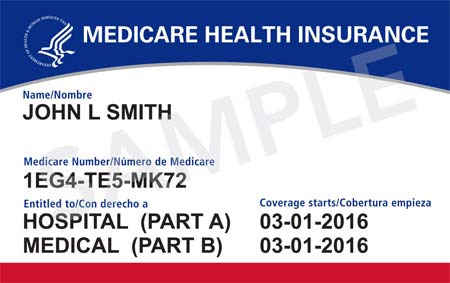 The common diagnoses covered under hospice are;
The common diagnoses covered under hospice are;
- ALS (Lou Gehrig's Disease) - Deciding to discontinue medical support for a patient coping with end-stage ALS affects the whole family. That’s when Serenity Point hospice care can help.
- Alzheimer's Disease and Dementia - Hospice serves those in the end stages of dementia, relieving pain, controlling symptoms, improving quality of life and reducing anxiety and worry for patients and their families.
- Cancer - Hospice doesn’t always add more days to a cancer patient’s life, but it can add quality of life to the final months, weeks and days.
- Heart Disease - Hospice helps patients and their families deal with the significant impact of heart disease after curative treatment has stopped.
- HIV/AIDS - The Serenity Point mission is to serve those in the end stages of HIV/AIDS, to relieve pain, control symptoms, improve quality of life and reduce anxiety for patients and their loved ones.
- Kidney Failure - Your search for comfort, support and answers does not stop when you choose to forgo dialysis. Reducing or discontinuing medical support affects the whole family. That’s when Serenity Point can help.
- Liver Disease - Look for these common signs that the disease has progressed to a point where all involved would likely benefit from hospice services, and learn how Serenity Point can help.
- Lung Disease - Reducing or discontinuing curative care for lung disease or COPD affects the whole family. That’s when Serenity Point can help.
- Neurological Diseases - When improvement is unlikely and a decision is made to discontinue the use of a feeding tube or breathing machine, hospice care for neurological diseases is likely to benefit the patient and family.
When is the right time for hospice?
When determining eligibility for hospice, a doctor must certify that the patient is terminally ill, with a life expectancy of six months or less if the disease runs its expected course. The hospice medical director must agree with the doctor’s assessment.
This is the primary criteria used for determining hospice eligibility for patients. There are three (3) primary situations that precede a doctor recommending hospice care:
- Lack of improvement. Despite treatment, the patient’s condition isn’t improving. The person isn’t feeling better and the illness has progressed to end-stage disease.
- Goals of care have changed. For instance, often a patient realizes they are not getting better and doesn’t want to be in a hospital or go to a hospital anymore. Someone who’s becoming more and more anxious about the prospect of dying might also be referred for hospice care.
- Acute health events. Patients who suffer from an acute event, like a heart attack or stroke, may require end-of-life care.
Once a doctor has referred the patient to hospice, a hospice nurse will visit and conduct a health assessment. Some common signs among patients who qualify for hospice may include but are not limited to:
- Weight loss of 10 percent within the previous three to six months
- Insufficient hydration and nutrition or decreased ability to benefit from nutritional support
- Trouble swallowing
- Increasing shortness of breath
- Inability to perform most daily activities independently; spends most of the time in bed or a chair
- Increased fatigue and daytime sleeping
- Progressively worse incontinence
- Recurrent or multiple infections
- Increased cognitive impairment, confusion, unintelligible speech
- Increased visits to the hospital or ER, with limited improvement
- Rapid disease progression despite treatment
- Pain or emotional suffering
